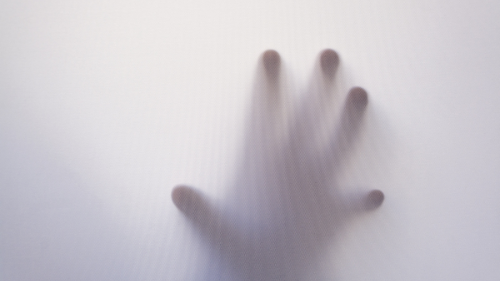Fear of Rejection and When Avoiding Pain Keeps You from Happiness
The fear of rejection is one of the deepest and most paralyzing emotions
a person can experience. We all desire to belong, be accepted, and feel valued.
But when this fear becomes dominant, we start living defensively, avoiding
situations that could expose us, closing ourselves off to new experiences or
relationships out of fear of not being enough.
This fear often appears in childhood, when a hurtful word, a mockery, or
a lack of attention left the impression that we were not worthy of love or
acceptance. Over time, that memory transforms into a deep-seated belief. We
think that if we show who we really are, if we ask for what we need, or if we
dare to show vulnerability, we will be rejected.
You Stop Being Yourself
As a consequence, we develop mechanisms to protect ourselves. We become
compliant, we silence what we feel, we avoid saying no, we distance ourselves
from what we desire, or we hide behind a mask. But that protection comes at a
price. We lose authenticity, connection, and the possibility of living genuine
experiences. What we avoid out of fear becomes the cause of our loneliness.
Facing the fear of rejection does not mean stopping feeling it. It means
learning not to let it control us. It is normal to care about what others
think, but your value does not depend on external approval. You can be
rejected, yes, but that does not define your essence.
The first step is to identify the situations where fear has held you
back. Maybe you wanted to express a feeling, share an idea, or approach
someone, but you stopped out of fear of not being accepted. Recognizing these
moments with compassion is key to starting to transform them.
Then, work on your self-esteem. The clearer you are about who you are
and how much you are worth, the less power rejection will have over you.
Practice saying what you think, even if it is uncomfortable. Set boundaries. Be
authentic. Every time you choose to be yourself, despite the fear, you
strengthen your inner confidence.
Remember that we have all been rejected at some point. There is no way
to completely avoid it. But that does not make you less valuable. Sometimes,
rejection is a redirection. Other times, it simply has nothing to do with you.
Seeking professional help helps heal the wounds that originated this
fear. Sometimes we need to go back to the past to free ourselves in the
present. The important thing is not to let the fear of rejection steal your
opportunities for happiness.
You deserve real relationships, brave decisions, and a life lived from
the truth, not from fear.



